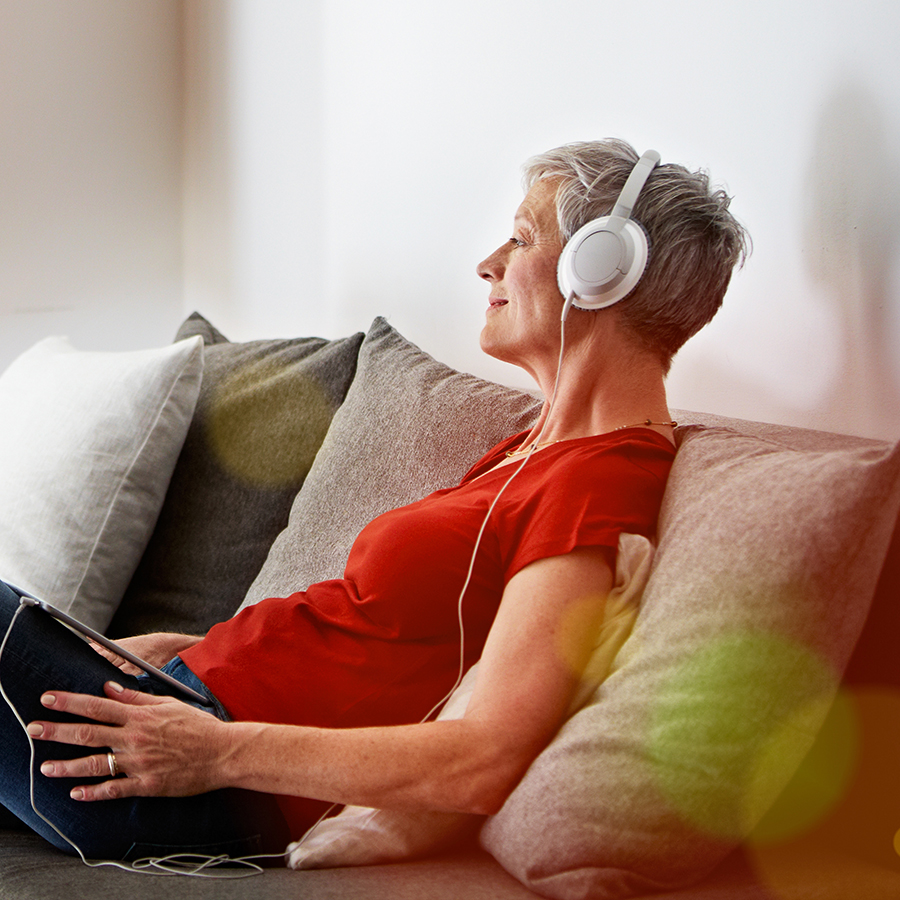How Pandemic Stress Affects People Living With Diabetes

Photo: kupicoo/Getty Images
We’re still in a global pandemic, but the coronavirus isn’t the only health risk, particularly for people living with a chronic disease such as diabetes, who face the challenge of monitoring their glucose levels and how they change during these times of stress. Currently, one in three Canadians are living with diabetes or pre-diabetes. And diabetes has been identified as a pre-existing condition that can increase risk of severe outcome from COVID-19.
Here, we ask Halifax-based psychologist Michael Vallis for his advice on how people with diabetes can better manage anxiety and well-being during the pandemic.
Diabetes and Stress
“Diabetes is pretty much a full-time disease,” says Vallis. “You can’t put [it] on the back burner for long before your blood glucose control is likely to worsen.”
This is especially an issue during stressful times because of what we know about how humans are wired. “The higher our levels of stress, the harder it is to take care of ourselves. Our lives are filled with so many issues, thoughts and tasks that we can’t pay attention to everything at once.”
And part of our survival instinct is to focus on bigger problems first, and COVID is a big problem changing almost all aspects of our lives, our work, our leisure, our relationships and our financial security, Vallis says.
Which means, in this case, the risk of putting diabetes on the back burner. What is key, according to Vallis, is to get it back on the daily agenda to pre-COVID levels and begin monitoring your diet and glucose levels without guilt or self-judgment about having avoided it during the stress of pandemic lockdown. One device that may make getting back on track easier, he says, is flash glucose monitoring technology, like the FreeStyle Libre system from Abbott, which allows people to track their glucose levels without having to prick their finger. Instead, the device uses a sensor that transmits both an instant glucose reading and an eight-hour trend graph.
5 Ways to Dial Down the Stress
When anxiety goes up, self-care often goes down, so stress management has never been more important. While we have all learned the importance of personal hygiene during the pandemic – frequent hand washing, social distancing and protective equipment (PPE), Vallis offers these tips for good lifestyle hygiene to help manage stress and other mental health issues.
- Develop a daily routine (most of us function better when we have structure to our day, which may include getting up at a set time, separating weekdays from weekends, etc.).
- Practise activities that help reduce stress such as deep breathing, yoga, tai chi and walking. Other calming activities include meditation, reading, tending plants or playing with pets. Some people even find scheduling time to worry allows them to let go once they are done. Remember, it is less important what you do than it is that the activity is enjoyable, effective and makes you want to do it again.
- Focus on sleep. Maintaining a healthy sleep cycle is necessary to function well.
- Practise acceptance and mindfulness. I am sure you have heard the expression “control the things you can, accept the things you can’t and have the wisdom to know the difference.” This is what we refer to as acceptance and mindfulness. Being able to be in the moment without judgment, allowing thoughts and feelings to come and go and not get caught up in worry about the past or anxious anticipation of the future.
- Put effort into physical activity (within your limits) to boost immune functioning and promote general health (especially cardiac health.)
Take to Telehealth
The pandemic has, out of necessity, moved some medical consultations to phone or video conferencing. This provides a safe environment to find support when you need it and provide encouragement to take charge of the management of your diabetes.